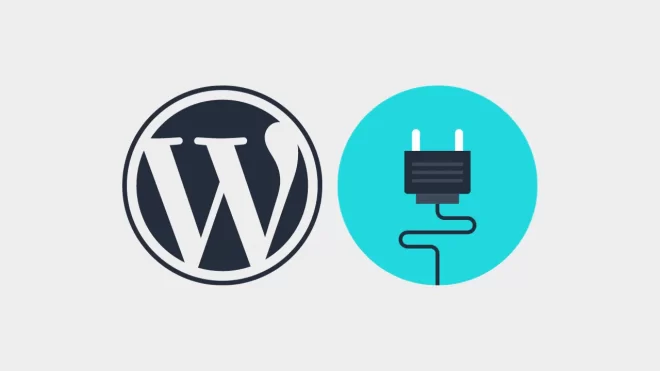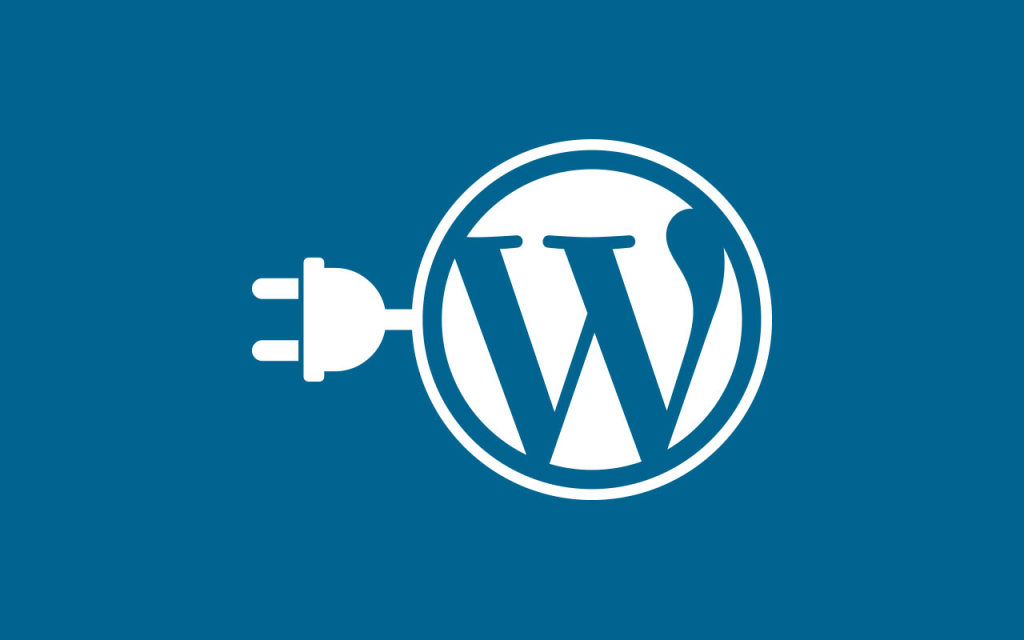
Table of Contents
Introduction
WordPress plugins are integral components that significantly enhance the functionality and customization of WordPress websites. They serve as add-ons that users can install to introduce new features or improve existing ones without delving into complex coding. With a diverse range of plugins available, from SEO optimization and security enhancements to design customization and e-commerce capabilities, WordPress plugins empower users to build highly functional, user-friendly, and versatile websites. This guide explores the key aspects, types, and installation processes of WordPress plugins, highlighting their importance in the WordPress ecosystem.
What are plugins in WordPress
In WordPress, plugins are software add-ons that can be installed on a WordPress website to add new features or enhance existing functionality. They allow users to customize their websites beyond the capabilities of the core WordPress software without having to write custom code.

Key Aspects of WordPress Plugins
Functionality Enhancement: Plugins can add new features to your website, such as contact forms, SEO tools, e-commerce capabilities, and social media integration.
Customization: They allow users to customize their websites in various ways, including design modifications, performance improvements, and security enhancements.
Ease of Use: Most plugins are designed to be user-friendly, offering simple interfaces and easy configuration options.
Modularity: Plugins are modular, meaning you can install or uninstall them without affecting the core WordPress software or other plugins.
Community and Support: Many plugins are developed and maintained by a community of developers. Popular plugins often have extensive documentation, support forums, and regular updates.
How to Install and Use Plugins
- Installation:
- From the WordPress Dashboard: Navigate to Plugins > Add New, search for the desired plugin, and click “Install Now.”
- Manual Installation: Download the plugin from the WordPress Plugin Directory, upload the ZIP file via Plugins > Add New > Upload Plugin, and activate it.
- Activation: After installation, activate the plugin to start using its features. This can be done from the Plugins page in the dashboard.
- Configuration: Many plugins have their own settings page where you can configure options according to your needs. This page is typically found under the Settings menu or the plugin’s own menu in the dashboard.
- Updates: Plugins need to be updated regularly to ensure compatibility with the latest version of WordPress and to benefit from security patches and new features. Updates can be managed from the Plugins page.
WordPress plugins are powerful tools that extend the functionality of your website, allowing you to create a more feature-rich, secure, and optimized site without needing extensive technical knowledge.
Top WordPress plugins which is used for website building.
When building a website with WordPress, there are numerous plugins available that can help you enhance functionality, improve design, and optimize performance. Here are some of the top WordPress plugins commonly used for website building:

Page Builders
Elementor
- A popular drag-and-drop page builder with a user-friendly interface.
- Features include pre-designed templates, responsive editing, and a large widget library.
Beaver Builder
- Another drag-and-drop page builder known for its ease of use and flexibility.
- Includes front-end editing, templates, and various modules.
Divi Builder
- A powerful page builder from Elegant Themes.
- Offers a visual editor, pre-made layouts, and advanced design options.
SEO and Optimization
Yoast SEO
- A comprehensive SEO plugin that helps optimize your site for search engines.
- Features include keyword optimization, readability checks, and XML sitemaps.
Rank Math
- An alternative to Yoast, offering similar SEO optimization features.
- Includes keyword tracking, SEO analysis, and Google Schema Markup.
W3 Total Cache
- A performance optimization plugin that helps improve site speed.
- Features include page caching, database caching, and CDN integration.
Security
Wordfence Security
- A robust security plugin that provides firewall protection and malware scanning.
- Includes features like login security, live traffic monitoring, and security alerts.
Sucuri Security
- Another comprehensive security solution.
- Offers malware scanning, firewall protection, and security hardening.
Forms
Contact Form 7
- A widely used plugin for creating contact forms.
- Supports customization, CAPTCHA, and Akismet spam filtering.
WPForms
- An easy-to-use form builder with drag-and-drop functionality.
- Features include pre-built templates, spam protection, and integration with various email marketing services.
E-commerce
WooCommerce
- The most popular e-commerce plugin for WordPress.
- Features include product management, payment gateways, and customizable store design.

Backup and Migration
UpdraftPlus
- A reliable backup plugin for automatic and manual backups.
- Supports cloud storage integration, site restoration, and scheduled backups.
Duplicator
- A migration plugin for cloning and moving websites.
- Includes features for site backups, migrations, and duplications.
Analytics and Marketing
MonsterInsights
- A Google Analytics plugin for tracking website traffic and user behavior.
- Features include real-time stats, e-commerce tracking, and custom reports.
Mailchimp for WordPress
- A plugin to integrate Mailchimp with your WordPress site.
- Allows for easy form creation and email list management.
Design and Customization
Customizr
- A theme customization plugin that helps tailor your site’s appearance.
- Offers easy-to-use customization options for various theme elements.
Smash Balloon Social Photo Feed
- A plugin to display Instagram feeds on your website.
- Customizable feed layouts, responsive design, and multiple feed support.
These plugins offer a wide range of functionalities to enhance and customize your WordPress website, catering to various needs such as design, security, performance, and marketing.
Conclusion
In conclusion, WordPress plugins play a crucial role in the development and customization of websites, offering a wide array of functionalities that cater to various needs. Whether you are looking to optimize your site for search engines, secure it against threats, enhance its performance, or add intricate design elements, there is likely a plugin available to meet your requirements. By understanding how to install, activate, and configure these plugins, users can leverage their full potential to create robust and dynamic websites. The flexibility and ease of use provided by plugins make WordPress an accessible and powerful platform for both novice and experienced web developers.
